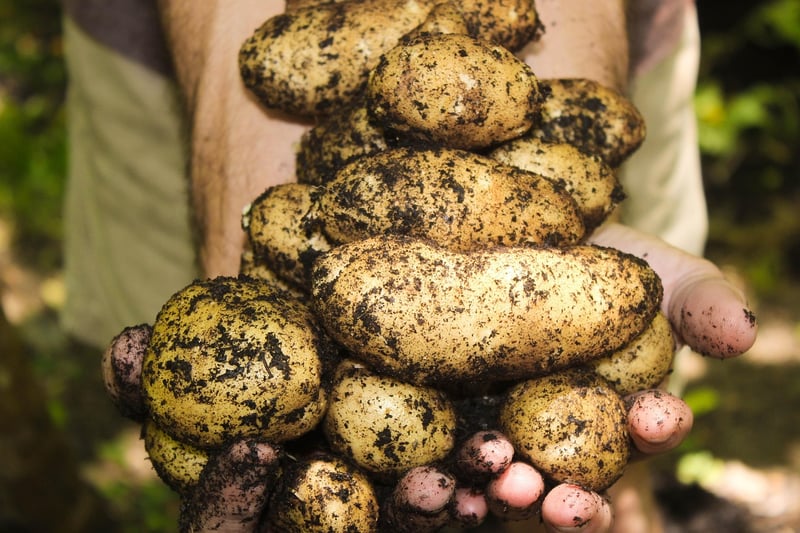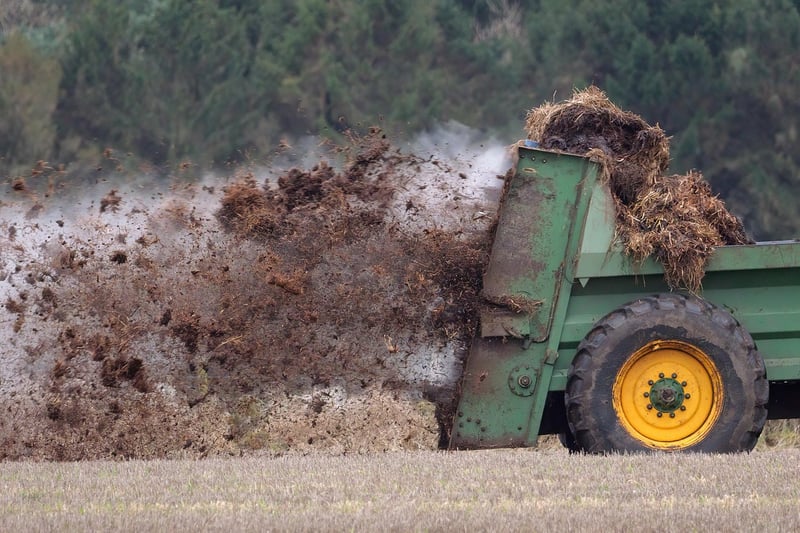Organic Fertilizers
#Compost
#Organic Fertilizers
#Soil Testing
Maintain Healthy Soil with Organic Fertilizers
Healthy soil is the foundation of a successful garden. One way to ensure your soil remains fertile and nutrient-rich is by using organic fertilizers. Unlike synthetic fertilizers, organic fertilizers are derived from natural sources and promote soil health in the long run.
Benefits of Organic Fertilizers:
- Natural Nutrients: Organic fertilizers contain essential nutrients like nitrogen, phosphorus, and potassium, along with micronutrients that are vital for plant growth.
- Improves Soil Structure: Organic fertilizers help improve soil structure by promoting microbial activity and earthworm populations, which enhance soil aeration and water retention.
- Slow Release of Nutrients: Organic fertilizers release nutrients slowly over time, ensuring a steady supply for plants without the risk of nutrient leaching.
- Environmentally Friendly: Organic fertilizers are biodegradable and reduce the risk of chemical run-off, making them eco-friendly choices for sustainable gardening.
Types of Organic Fertilizers:
There are various types of organic fertilizers available to meet the specific needs of different plants and soil types:
- Compost: Made from decomposed organic matter, compost is rich in nutrients and improves soil structure.
- Manure: Animal manure is a valuable organic fertilizer that provides a good source of nitrogen, phosphorus, and potassium.
- Bone Meal: A natural source of phosphorus, bone meal helps promote strong root development in plants.
- Green Manure: Cover crops like clover or alfalfa are grown and then tilled back into the soil to enrich it with organic matter.
Tips for Using Organic Fertilizers:
- Follow recommended application rates to avoid over-fertilizing, which can harm plants and contribute to nutrient imbalances in the soil.
- Apply organic fertilizers in the correct season to ensure optimal nutrient uptake by plants.
- Combine different types of organic fertilizers to provide a balanced nutrient profile for your plants.
- Regularly test your soil to monitor nutrient levels and adjust your fertilization strategy accordingly.
By incorporating organic fertilizers into your gardening routine, you can maintain healthy soil, support plant growth, and contribute to a more sustainable environment.

Explore the benefits of organic fertilizers and witness the positive impact they can have on your garden!
For more information on organic gardening practices, visit www.organicgardening.com.
